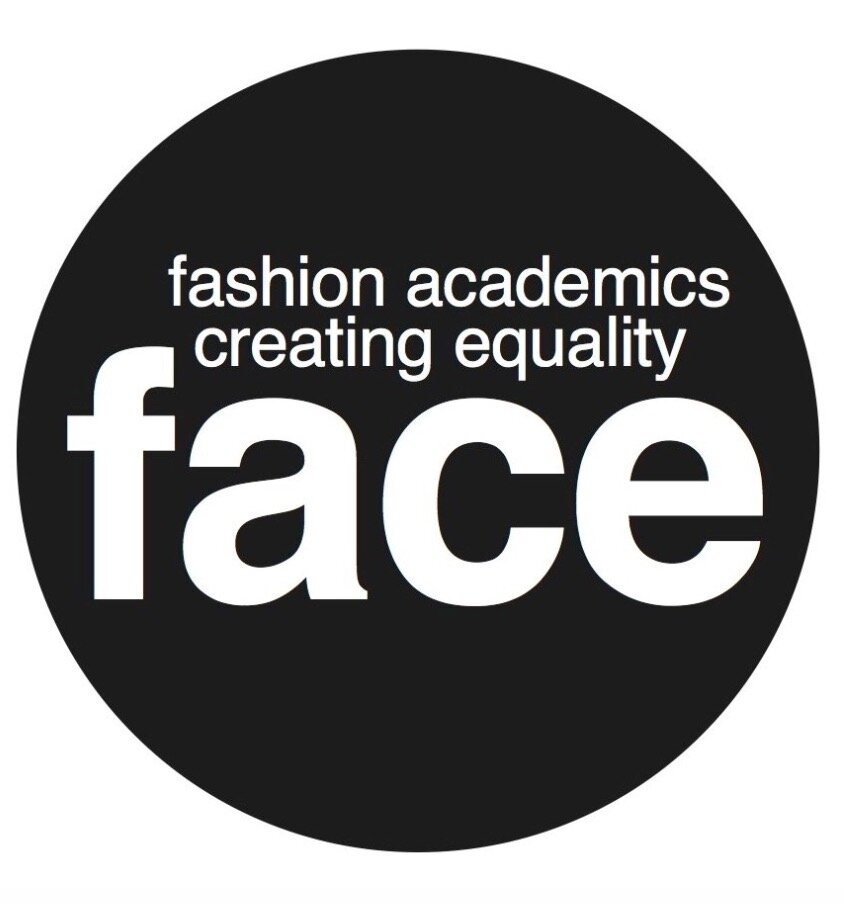What’s love got to do with it?
ITV 2’s Love Island serves as a bit of frivolous entertainment for most people. But, rampant with colourism, for many of us, the show is a painful reminder that nothing has changed. Report by Sabah Rehman
At a glance, Love Island - having just completed its seventh season - is a harmless dating show, an opportunity for the young and ambitious to mingle, date, and win a £50k prize. Superficial top notes of beautiful people cavorting in skimpy clothes…Sun, Sea and the rest, so far, so reality show standard. But dig deeper and the ugly truths surface.
Does Love Island cast women of colour at the expense of their confidence and mental health in the name of diversity?
Does Love Island cast women of colour at the expense of their confidence and mental health in the name of diversity? Every year a token Black woman is introduced, with most other contestants being white. Every year these beautiful women are almost always selected last during the initial coupling. For the uninitiated…this happens at the beginning of the show as each male contestant is asked to pick and ‘couple up,’ with the girl he finds most attractive.
Kaz Kamwi. All imagery by Sabah Rehman
This year it was Kaz Kamwi, the year before that it was Yewande Biala, and the year before that it was Samira Mighty. In addition, the first 4 women to be kicked out of the Love Island villa this season, were all women of colour. Following a pattern that has been observed for years on the show; perpetuating the dangerous and false narrative that women of colour are undesirable for not conforming to western/white standards of beauty, can we challenge this show to recreate its format and cast in a different way?
Love Island sets us up, and particularly dark skinned women of colour, to fail
Do producers deliberately cast men asking for women with blonde hair and blue eyes; their types on paper never swaying from white Eurocentric beauty standards? Do producers then simultaneously cast women who do not meet this criterion without considering the impact on women of colour everywhere? Love Island sets us up, and particularly dark skinned women of colour, to fail if - they continue to cast men whose preferences do not align with the women they select.
This disregard for, and dismissal of, the rampant colourism within the show only further invalidates the struggles, mental health challenges and racial microaggressions faced by people of colour on the island and creates an environment that does not support the needs of all of its contestants or viewers.
Seeing the poor treatment of these female contestants has sparked many conversations on social media about the show’s damaging representation of Black women as well as their lack of Asian representation. This season, we have had to wait for 43 episodes before being shown/given an Anglo Asian. This speaks volumes. Other viewers claim there have been plenty of female contestants of colour that have thrived and even gone on to win such as Amber Davis who was mixed race. Perhaps this simply highlights the blatant colourism within the villa, reflecting the acceptance of lighter skinned contestants conforming to western ideals of beauty.
Consider influences on younger viewers however, not equipped to question the colourist and even racist undercurrents of the show
Consider influences on younger viewers however, not equipped to question the colourist and even racist undercurrents of the show: the moulding of perceptions of beauty will have damaging and scarring outcomes, that are unethical.
While Love Island encompasses and reflects today’s public’s perception of beauty, still rooted in Eurocentric standards it painfully reinforces and mirrors the struggles faced by women of colour in the real world. Whether it’s in the dating scene, the workplace or within friendships, women of colour negotiate an environment not designed to facilitate them, filled with barriers and unexplored bias, constantly dismissed by white counterparts who do not understand or experience this hardship.
I’ll settle for no representation rather than damaging and triggering representation.
At first I demanded more from Love Island for excluding women of colour but after years of watching the show fail marginalised groups I have decided it might be for the better that I do not see women that look like me as contestants on the show at all. I’ll settle for no representation rather than damaging and triggering representation.



